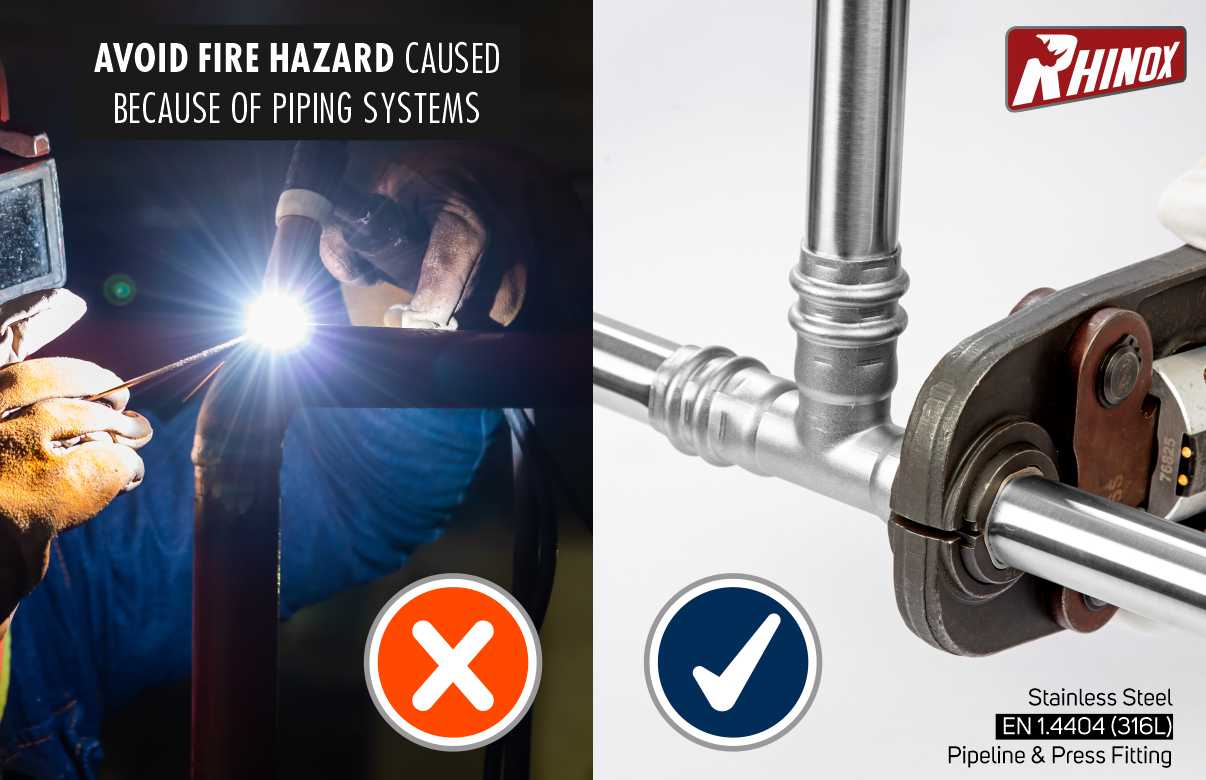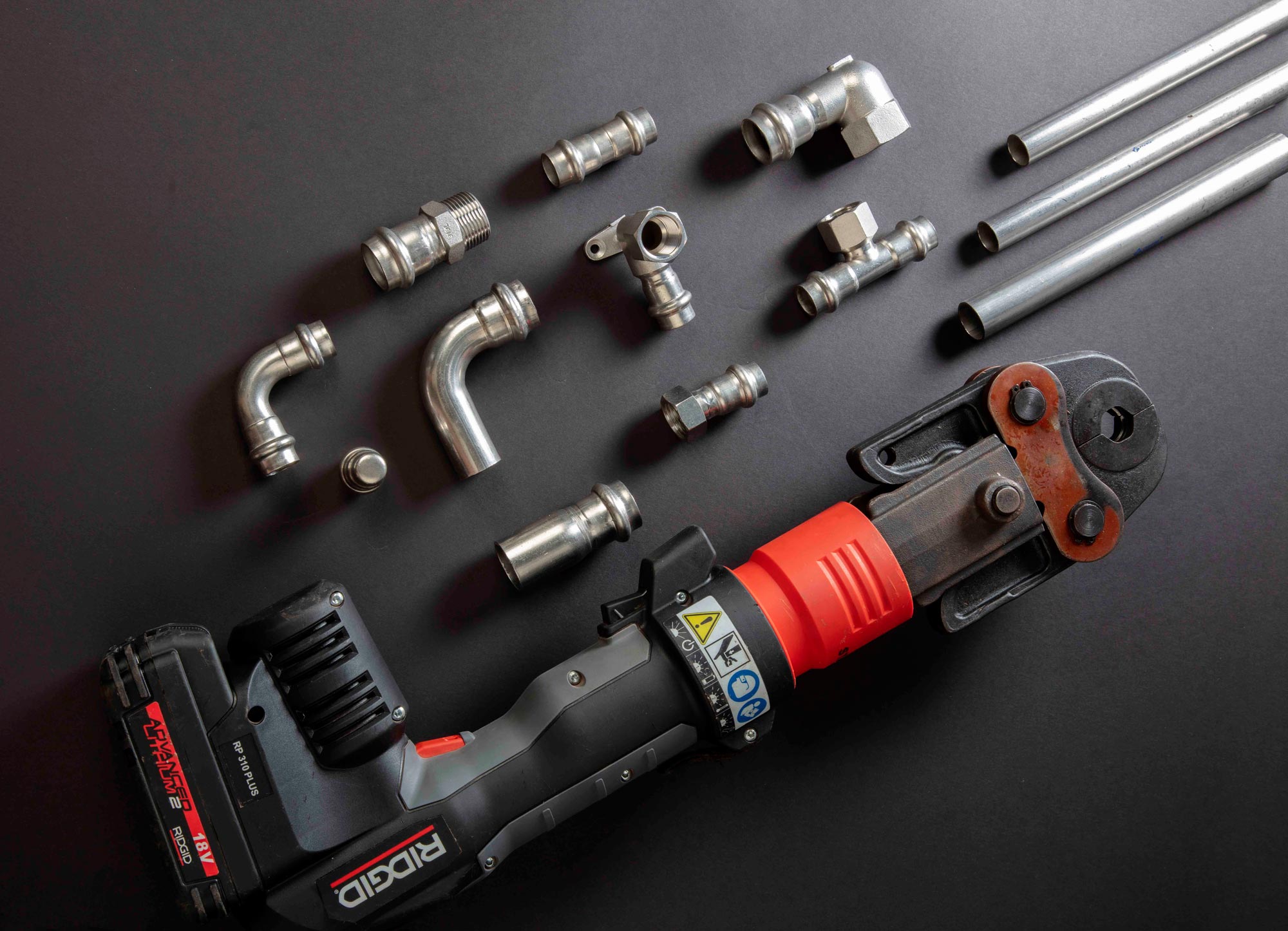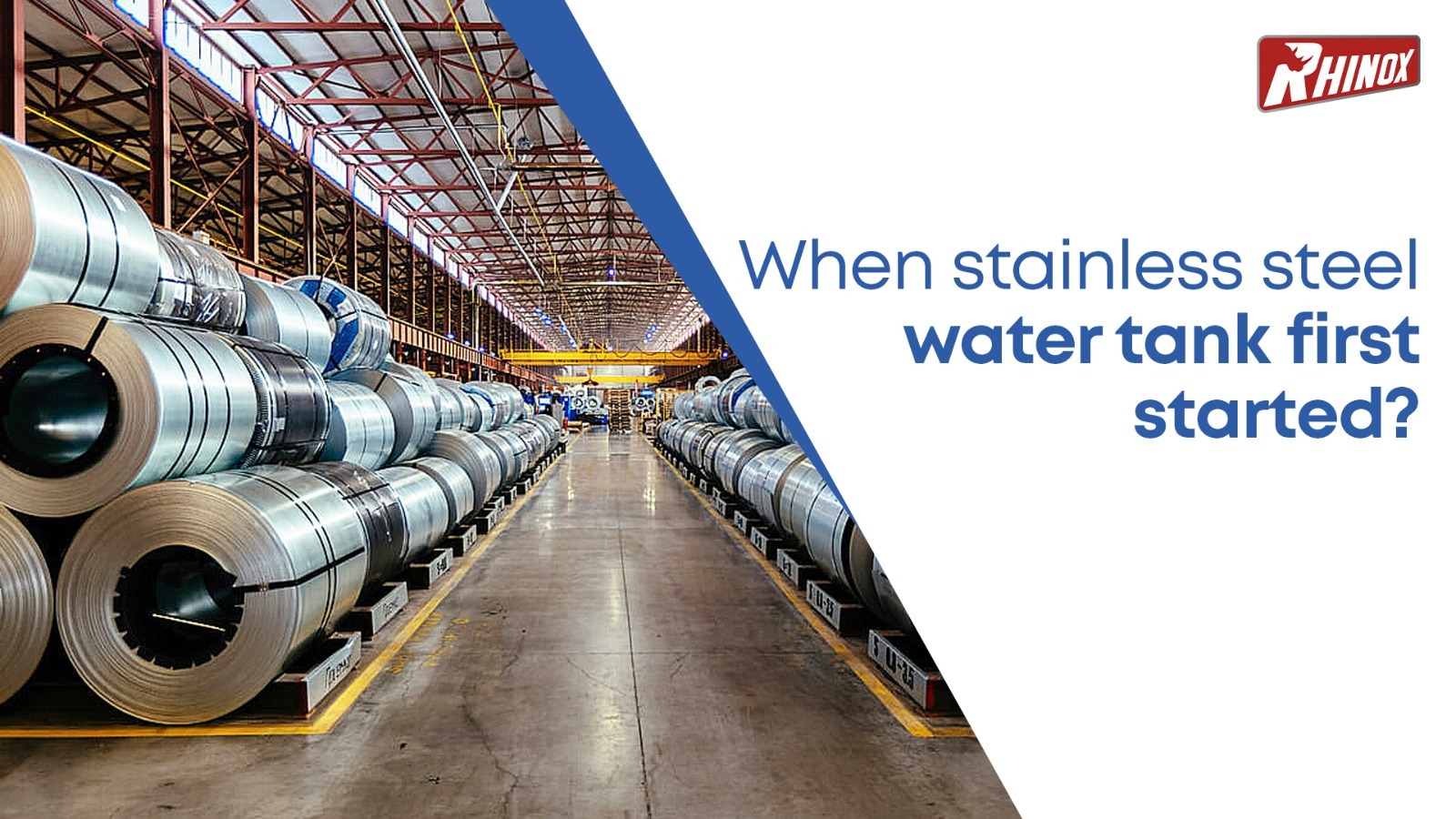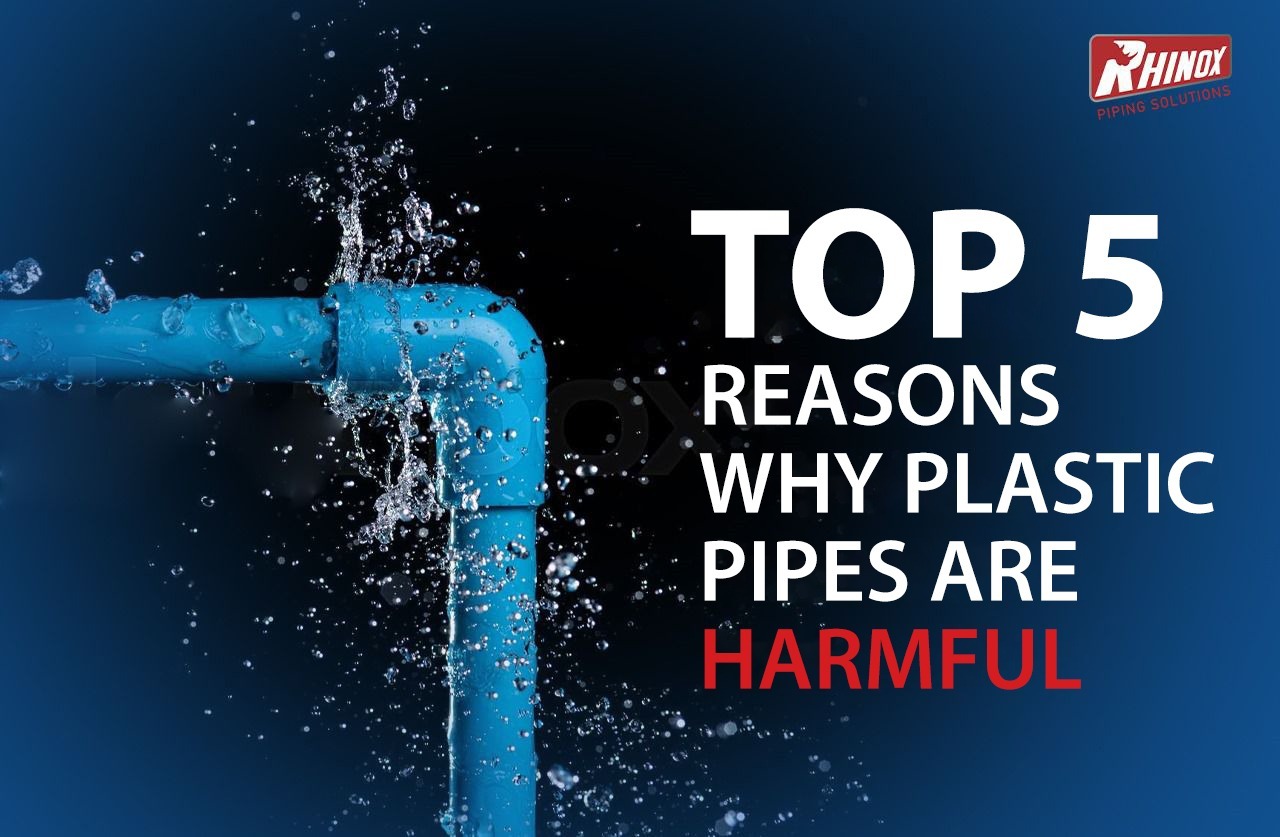
Plumbing system is probably not the first thing to come to mind when thinking of risk of fire in domestic or Industrial Setup. However, while pipes themselves don't pose a fire hazard, fires can and do get started when plumbers make mistakes while using welding techniques for connecting pipes. Read on to learn how plumbing fires break out and what you can do to prevent them.
According to the National Fire Prevention Association, torches used by plumbers to solder metal pipes are a top-ten cause of residential fires each year.
That doesn't mean you should shy away from metal pipes entirely. It does mean that you need to be sure to hire only licensed plumbers who take the utmost safety precautions when a job requires soldering. Companies like Rhinox are providing very efficient and cost-effective stainless-steel pipes and Press fittings, which does not require application of welding or soldering, hence the risk of fire is exponentially reduced and environment is protected from dubious gases.
There is another way your pipes can surreptitiously start ablaze. If you have a hidden leak somewhere in your plumbing system, the water could potentially seep into an area with electric wiring. If the wiring's insulation isn't up to par, the water could generate sparks that could start a fire. To avoid this scenario, keep an eye out for unexpectedly high water bills or discolored spots in your home that could indicate a leak. The Rhinox pipes and fittings provides safety from this potential risk also, the Rhinox press fittings completely prevent the leakage effectively without hassles and risks of soldering. The products that are produced at Rhinox undergo rigorous testing & offers quality and value on every level. Rhinox system is easy to install, reliable, cost-effective and versatile. Stainless Steel is in DNA of Rhinox & with the natural advantages of stainless steel like low friction pipe wall, high heat tolerance, UV and corrosion resistance along with our exclusive and superior joining methods.

- By Rhinox
Recent Blogs

When stainless steel water tank first started?
Earlier, not everyone across the world had around-the-clock seamless access to healthy, potable water. Storing water for days for drinking and other purposes was necessary then. The situation has not changed entirely, even today.

